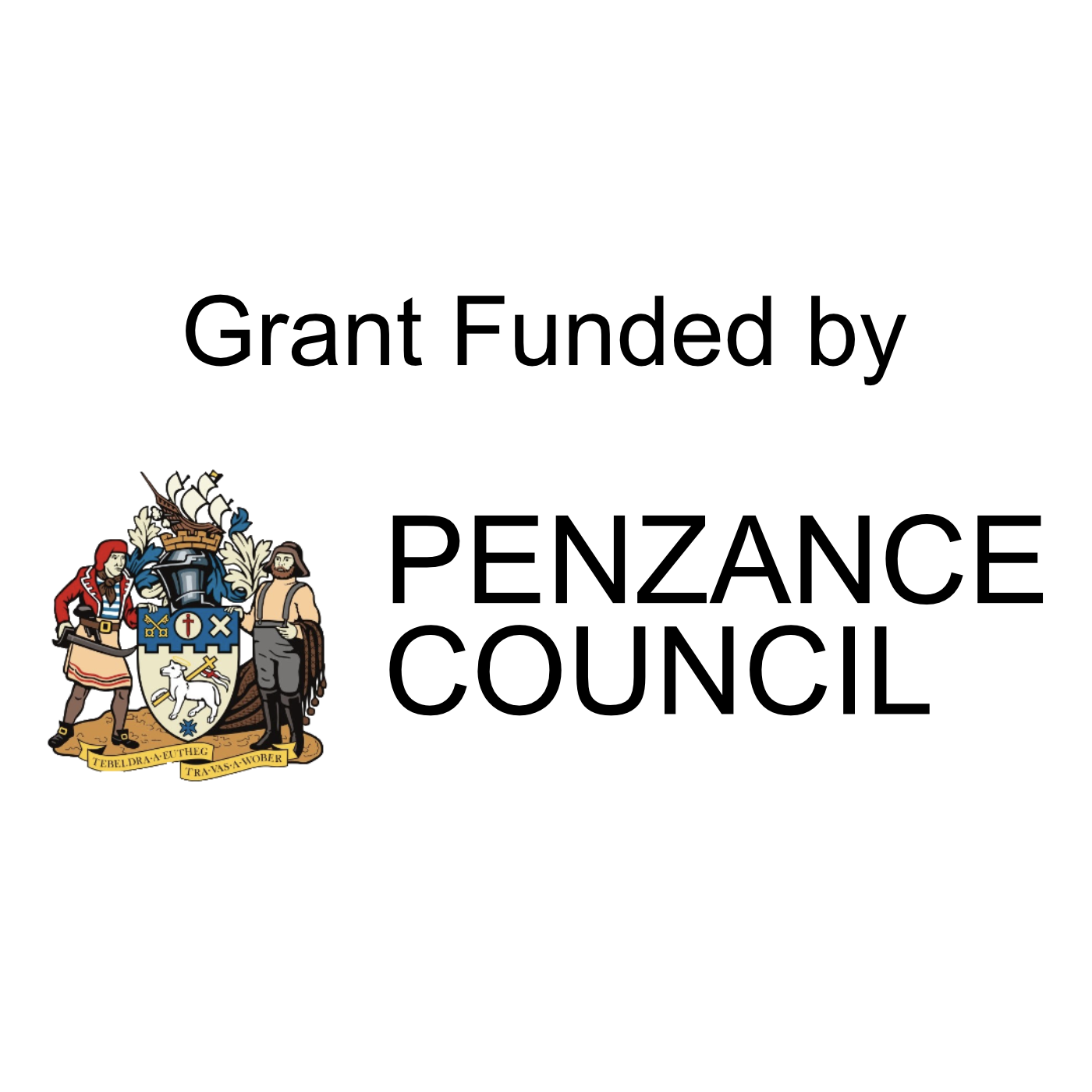
Labour's polling collapse is historic - but Nigel Farage has overseen a bigger one

Labour are on track for their worst end to the year in opinion polls since the Second World War.
Sir Keir Starmer's party is now averaging just 26.6%, despite winning one of the largest-ever majorities five months ago.
Analysis of nearly 1,000 polls across 75 years found Labour are now 1% behind their previous end-of-year low in 2016, when Jeremy Corbyn's tenure was dogged by an antisemitism row and leadership challenges.
The only other years to rival their current low were 1981, when the new SDP-Liberal Alliance upended politics, and after a decade of power in 2009, when the party was reeling from the recession and expenses scandal.
Labour are still leading the polls, but are now just 0.5% ahead of the Conservatives - well down on their 19% lead in January.
Kemi Badenoch's party has been practically stagnant for some time. It now sits on 26.1%, barely 2% above when Liz Truss resigned.
Reform UK is several points behind on 21%, with the Liberal Democrats on 11.8% and the Greens on 7.7%.
The analysis for Sky News' Sunday Morning With Trevor Phillips calculated averages using the first and last 10 polls of each year (or first and last five before 1997, when polls were less frequent).
The Labour Party's current standing is a far cry from the 44% share it enjoyed in January.
Its 17.6% fall since then is the biggest calendar-year collapse in support ever recorded in UK-wide polls.
Only twice has a bigger drop happened more suddenly.
The first was Nigel Farage's start-up Brexit Party in 2019, which surged to first place in the European Parliament elections after weeks of Commons deadlock over negotiations.
Within six months, its support was largely absorbed by Boris Johnson's Conservatives.
Bigger still was the Liberal Democrat collapse of 2010 - its "Cleggmania" wave during the May election campaign evaporated weeks after becoming the unpopular coalition government's junior partner.
But history suggests all is not yet lost for Labour.
When they ended the year below 30% in 2009 and 2016, they rebounded more than 10% the following year.
And Margaret Thatcher recovered from a similar low of 27% in 1981 to win a 144-seat majority - though she was buoyed by the Falklands War.
The year's biggest winner by far is Reform UK.
Our analysis shows its more-than-doubling is the fourth-biggest jump seen in a calendar year in peacetime.
But with a general election still four years away, its challenge is holding on to that momentum.
No third party experiencing such a surge since the war has maintained its support beyond two years.
On the final Sunday Morning With Trevor Phillips of 2024, Trevor will be joined by Leader of the House of Commons Lucy Powell and shadow housing secretary Kevin Hollinrake.





